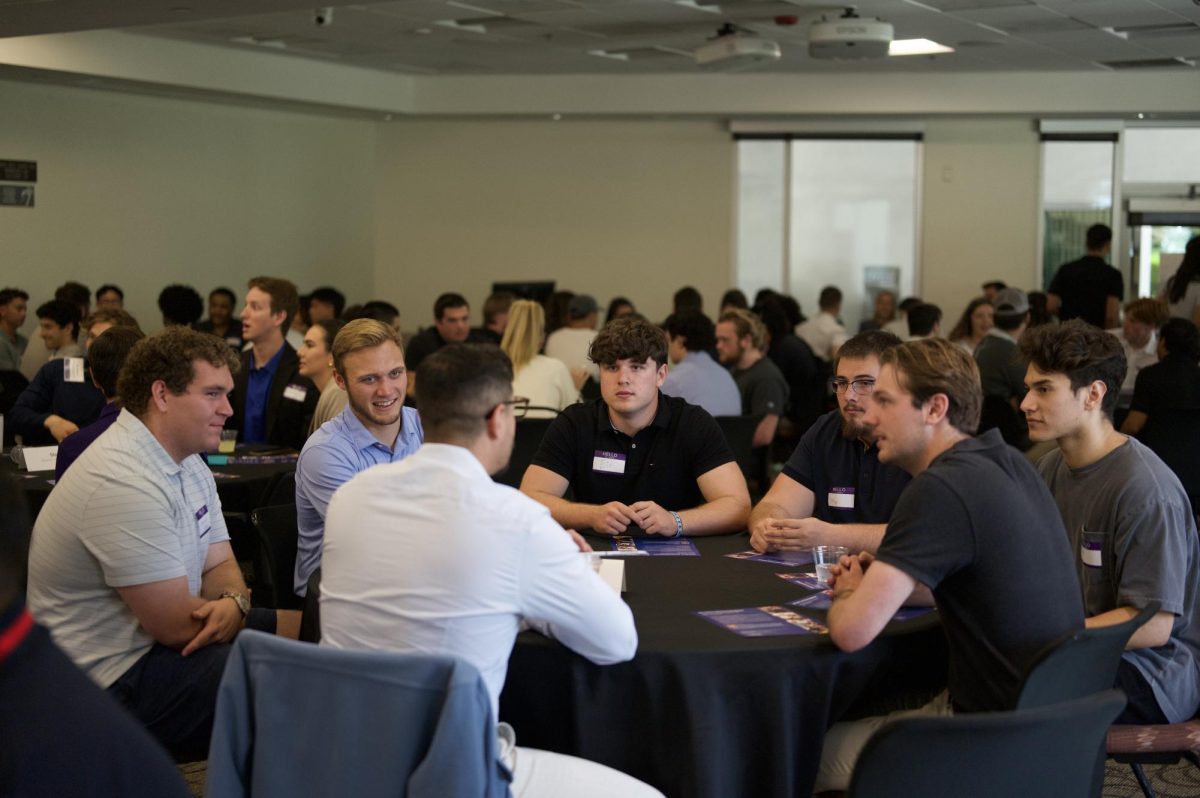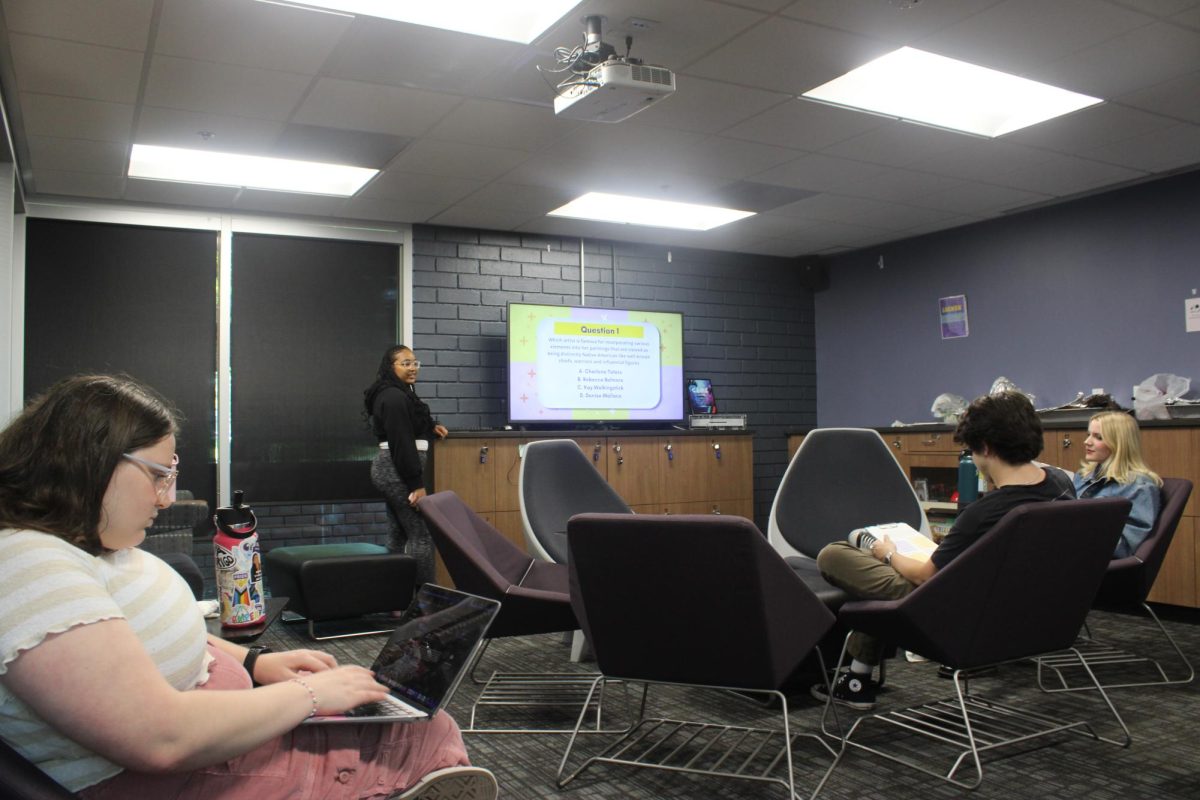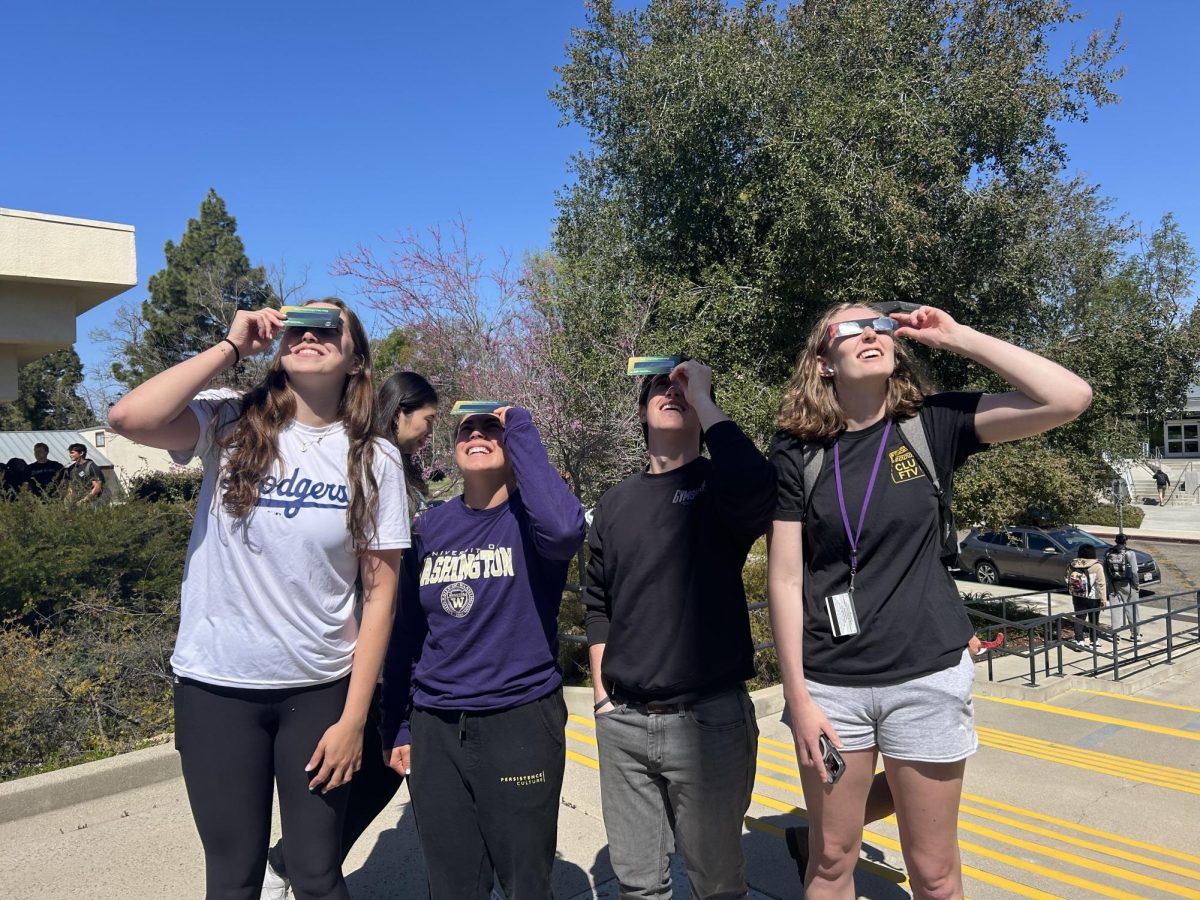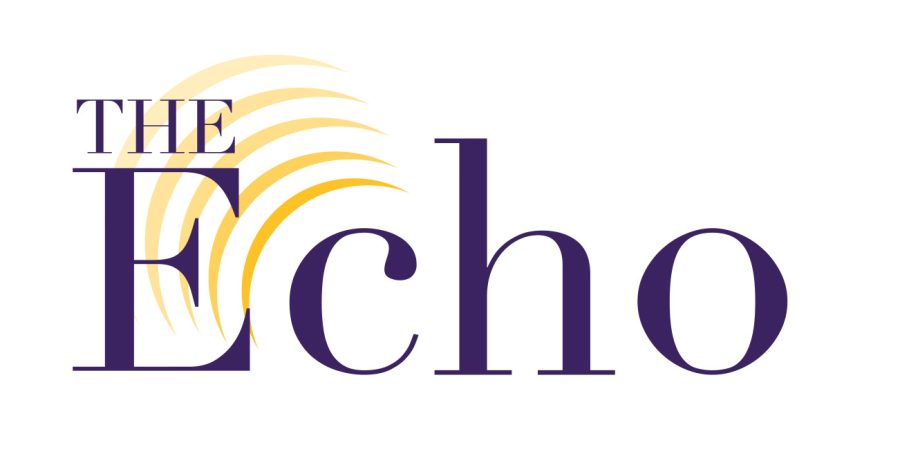President Donald J. Trump has officially been in control of the United States government for less than three weeks, and he has already been signing and approving executive orders.
As of this point in time, Trump has signed 18 executive orders, which have the full ability to act as laws unless the court system strikes them down.
Of these 18, the first executive order that Trump signed into being was Minimizing the Economic Burden of the Patient Protection and Affordable Care Act Pending Repeal, which sought to repeal the Patient Protection and Affordable Care
Act, also known as Obamacare.
It was signed as part of the campaign promises that Trump made to repeal Obamacare.
However, this first act led the way for the rest of the acts to come into their own.
He also signed Border Security and Immigration Enforcement Improvements in anticipation of the border wall between Mexico and the United States.
Protecting the Nation from Foreign Terrorist Entry into the United States immediately suspended the entrance of citizens from seven majority-Muslim countries (Iraq, Iran, Libya, Somalia, Sudan, Syria and Yemen) for at least 90 days. He also signed executive orders that would block federal funding for non-governmental organizations that provide abortion counseling or referrals, and further the building of the Dakota Access Keystone XL pipelines, the latter two that do not have numbers assigned to them as of yet.
With the speed of these executive orders, political science professor Herbert Gooch said he thought that Trump is trying to live up to the expectations of himself made in the presidential race, that he was a man of action who sought to get things, instead of the general slow pace that is all too common in the political world.
“First, Trump’s strategy is to do a whole bunch of stuff, and then build some momentum,” Gooch said. “That’s what he’s gotta do. Whether everything works the way that he seemingly wants it to work or not, the real point is that he’s paying off on his base. He’s perceived by his base to be somebody that’s actually doing something, and that was much of his campaign appeal.”
Gooch continued to say that this idea of speed and Trump rushing to get things done to seem like a real president of action, seemed to continue to be relevant and present in Executive Order 13769, which focused on the bans of people from seven largely Muslim countries.
“To some extent, people are on the wrong scent [regarding the ban],” Gooch said. “They’re arguing that it’s anti-Muslim, and certainly Trump said that it’s going to be anti-Muslim, but if you look at what he did, he took seven countries, and internally it’s nuts. Most of the people who have come into the country and haven’t been vetted and done something have been Saudis or Pakistanis, and they’re not even mentioned [in the ban].”
Additionally, the ban on people entering the United States affected many citizens, like Juanita Hall, senior director of Multicultural and International Student Services and assistant to the president for Diversity and Inclusion.
“My own son-in-law is actually born in Syria, he’s a permanent resident,” Hall said. “So he would be a part of the ban if he went to Syria to visit family, like his dad did just last year, he wouldn’t be able to get back in the country.”
Personal connection aside, Hall didn’t agree with the nature of the ban, and how generalizing it appears to be, in terms of its scope.
“I tend to think because of what [Trump]’s said before, that he is really looking to actually put in his ban against Muslims coming to the US,” Hall said. “Because when you look at, I mean, the vetting that’s been going on for refugees, taking 18 months to two years, it’s not like there’s nothing, that we’re just letting anyone in, it’s not like what you see happening in Europe and all of that. It’s fearmongering at its worst.”
With the proposal of Trump’s executive orders regarding the building of the Dakota Access and Keystone XL pipelines, environmentalists and scientists like Professor of Biology Andrea Huvard are concerned.
They are especially concerned that Trump is a climate change denier.
“Trump can’t undo the scientific literature, no matter how hard he tried,” Huvard said. “Trump can hire climate deniers, [he] can hire people to shut down the national parks, but [he] can’t stop scientific progression.”
By Henry Studebaker
Staff Writer







